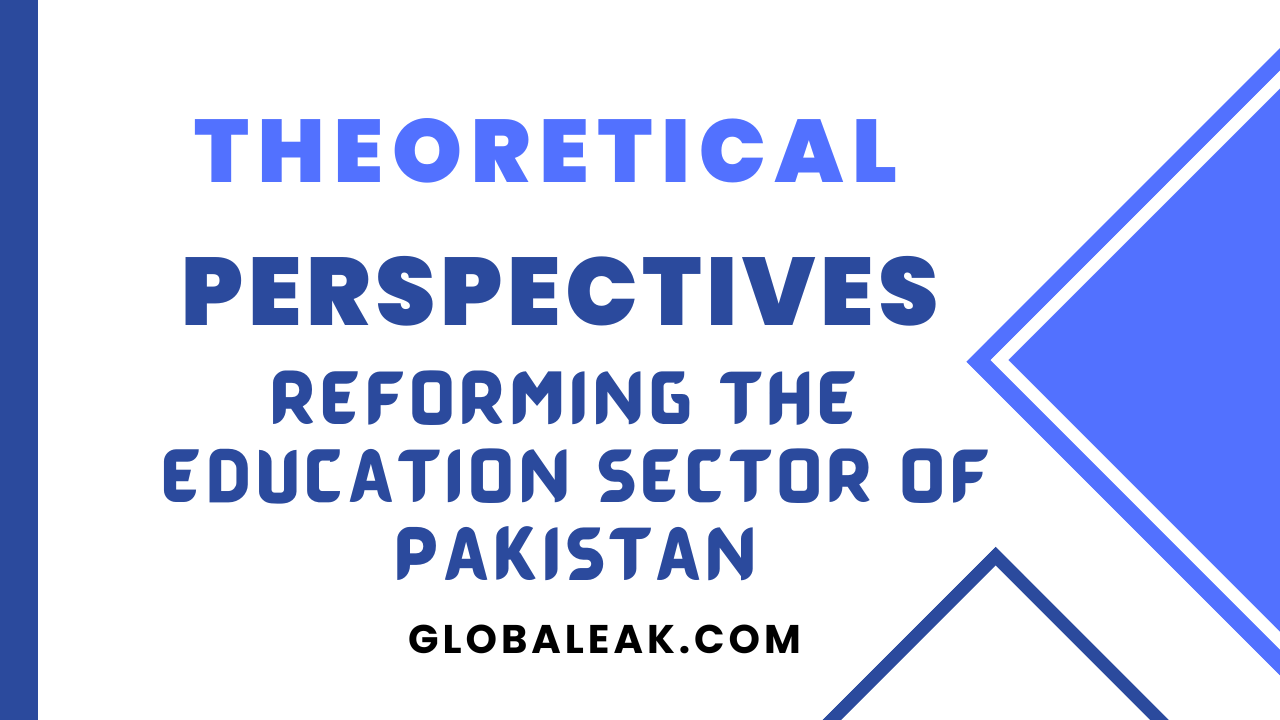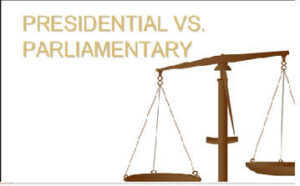Education is a quintessential and unavoidable necessity for any nation to thrive and survive. To make progress avoiding education is just unaffordable. So far the reforms in the country’s education system are concerned the very first essential is to change the definition of the word ‘education’ itself. Oxford dictionary defines education as a process of teaching, training, and learning especially in schools or colleges, to improve knowledge and develop skills. This concept needed to be changed altogether.
Education is not merely a process of teaching, learning, or training. Instead, it should entail a proper understanding of the situation, contexts, and power of decision-making according to the prevailing circumstances. Moreover, it must also enable mankind socially, politically as well as economically. Only then a nation can be progressive and civilized as per words by John F. Kennedy who once said that “our progress as a nation can be no swifter than our progress in education. Also, the transformative learning theory regards the same circumstantial approach. Transformative learning theory focuses on the idea that learners can adjust their thinking based on new information.
Another makeshift reform is the due allocation of budget for the phased Single National Curriculum. Without the availability of technological support, necessary aviads, proper infrastructure, ample and competent teaching staff; the new SNC agenda really sounds like a misadventure. SNC is still an embodiment of paperwork with undue emphasis on the contents of syllabi. It negates the ideation of multidimensional reforms. For instance, SNC policy that is currently in action in the primary sector of education altogether disassociates itself with the practical side of education. It does not include the educational trips for students, library corners for kids, and the provision of necessary technological support.
Educational tours whether physical or virtual are mandatory because one learns better by observing others. This idea is the essence of the social learning theory of education that focuses on the concept that children learn from observing others.
The current education system also keeps schools, universities, and colleges illuminate from developing cognitive abilities. Cognitive abilities relate to the part of mental functions that deals with the logic opposite to that of emotions. This is possible by keeping a special focus on cognitive learning theory while designating the contents of syllabi. Cognitive learning theory looks at the way people think. Mental processes are an important part of understanding how we learn. Plato and Descartes are two of the first philosophers that focused on cognition and how we as human beings think. Jean Piaget is a highly important figure as his work focuses on environments and internal structures and how they impact learning. Cognitive learning impacts students because their understanding of their thought processes can help them learn.
Teachers are the most important pillars on which the foundation of the education system lies. Just as the car can’t survive on roads without the tiers. In a similar manner, no education system can progress and work smoothly without teachers. More so the behavior of teachers is an ultimate thing to keep in consideration. Teachers in a classroom can utilize positive reinforcement to help students better learn a concept. Students who receive positive reinforcement are more likely to retain information moving forward, a direct result of the behaviorism theory. Behaviorism learning theory propagates the idea that how a student behaves is based on their interaction with their environment. It suggests that behaviors are influenced and learned from external forces rather than internal forces. Psychologists have been developing the idea of behaviorism since the 19th century.
There is a lot more to discuss on the reforms in the education system including the low GDP allocation, low enrollment ratio, neglect on the part of women education. This piece of writing, however, especially focuses on the theoretical approach to deal with students in a better way.
📍 English Language Educator | Blogger & Content Strategist | 7+ Years in Educational Blogging
Nosheen Bashir is a dedicated English teacher and experienced blogger with over seven years of expertise in content creation and educational writing. Passionate about language, literature, and effective communication, she combines her teaching experience with blogging skills to create insightful, research-backed content that helps learners and educators alike.
🔹 Expertise & Achievements:
✔ English Language Education: A skilled educator with years of experience in teaching English grammar, literature, and communication skills to students of varying levels.
✔ Educational Blogging: Running a successful blog for 7+ years, delivering well-structured, engaging content on language learning, writing techniques, and academic success.
✔ SEO & Content Strategy: Specializes in creating high-ranking, authoritative articles that follow Google’s EEAT principles, ensuring content that is both informative and search-friendly.
✔ Student-Centric Approach: Committed to making English easier, engaging, and accessible, helping readers and students improve their language proficiency.
🚀 With a passion for teaching and writing, Nosheen Bashir is dedicated to crafting educational content that empowers students, teachers, and language enthusiasts worldwide.










